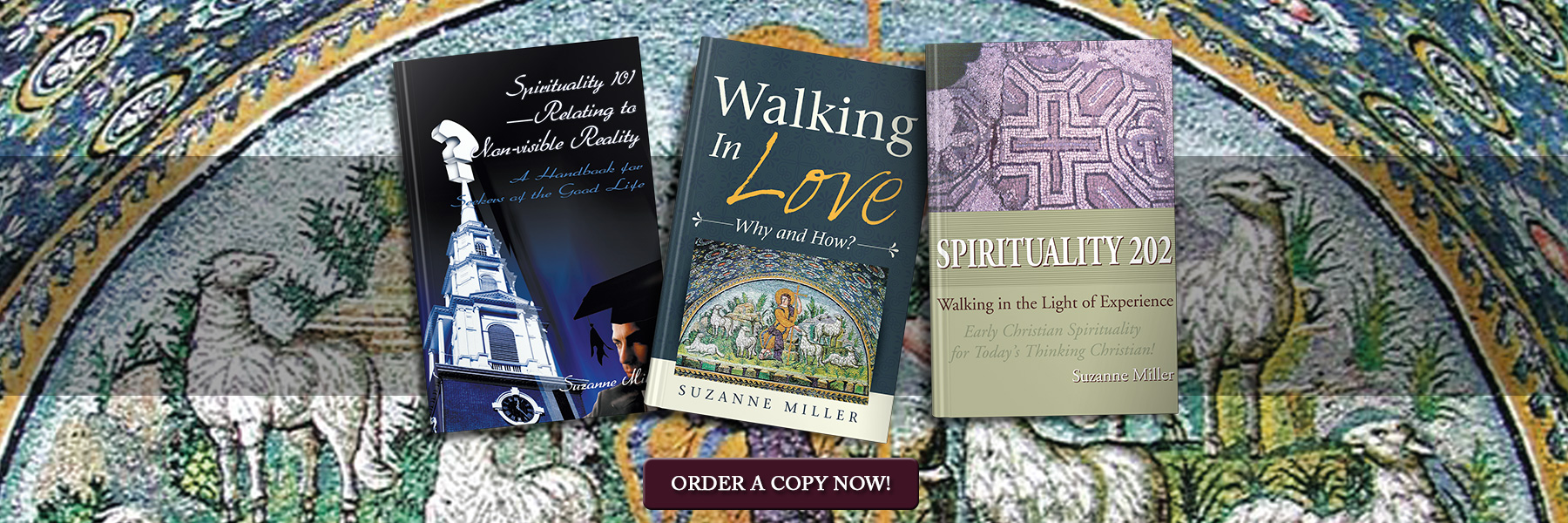A Christian meditation on living in the modern world.
Miller, a former lay vicar in the Episcopal Church, begins her slim nonfiction book with simple questions that have concerned people of all faiths for millennia: “Why create us as flawed creatures and tell us how to live, knowing that we are not capable of carrying out that guidance?” And how do humans navigate a rapidly changing world? Miller notes that some people, when confronted with such questions, will default to power as a solution: “Give me the power and I’ll fix things.” In these pages, she proposes an alternative: Default to love instead. Miller links this notion to a study of the life and teachings of Jesus Christ, and she discusses those teachings in a careful but highly personal manner, frequently weaving in elements of her own life story, including her health troubles. All of this works in the service of her main point that there are four key beliefs that Christians must have to properly approach their faith: that God is inherently good and caring, that God calls the faithful to personal communication, that the faithful must embrace joy in life, and, most intriguingly, that “love is our primary calling as human beings.” Throughout the book, there’s a distinct tone of impatience with more codified religious approaches, with “trying to follow a rigid set of rules put together at an earlier time, under different circumstances.” What she advocates here, in clear, straightforward prose, is a more organic approach to faith—one that adheres to basic tenets over potentially outdated dogma. The key, Miller stresses repeatedly, is Jesus Christ himself, as he taught the faithful how to forge a new type of relationship with God. Many Christian readers will appreciate how the author lays all of this out with a maximum of conviction and a minimum of fuss.
A succinct and readable call for concentration on the essentials of Christian life.

